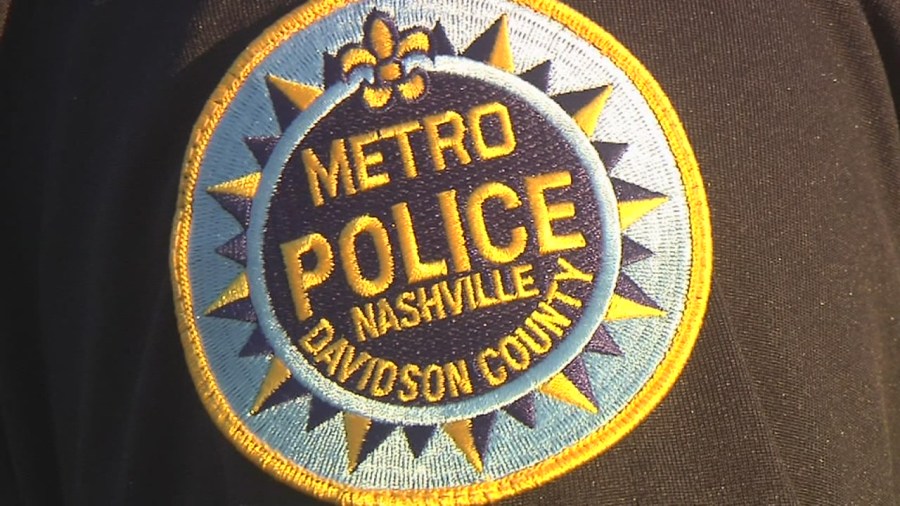NASHVILLE, Tenn. (WKRN) — On Friday, the Metro Nashville Police Department (MNPD) announced they would implement a new shift to “enhance police visibility” and “reduce response times for non-emergency calls.”
When crimes happen, the clock starts. From the time Metro Dispatch receives a call to the time police arrive on the scene, the clock is always ticking. There’s always the goal of making response times faster.
“Shots fired or there’s been an incident involving a gun and someone’s been injured — those are the priority phone calls,” Metro Councilmember for District 32, Joy Styles, said. “We have other concerns. Constituents have other needs as well, so when someone has broken into your car, you want to know that someone is going to respond in less than five or six hours.”
On Friday, MNPD chief John Drake explained the new D-shift would be staffed with 41 officers, including five sergeants and one lieutenant. He added the overlapping work shift will operate between 12 p.m. and 10:30 p.m. seven days a week.
“D-shift officers will have the flexibility to provide additional resources to any of our 8 precincts across the county, particularly those that have a higher volume of pending calls,” Drake added in a Friday press release.
So what will that look like when you call in a crime? For areas like Antioch, Styles said she’d been working for months to reduce call response times in the area.
“I’m so excited about it because it is going to be focused in the southeast,” Styles said.
Last year, for urgent calls where officers were supposed to go directly to the scene, Dispatch received more than 13,000 calls. The average response time was an hour and a half. So far this year, the average response time has been 55 minutes for urgent calls.
“We often have 30 calls in the queue,” Styles said. “That’s even when shifts are changing over.”
“If you want to come and commit and come over here after you’ve committed a crime, there are going to be more police cars out here,” Styles added. “There will be more officers talking to one another.”
In addition to supporting precincts with a high call volume, officers on the D-shift will reportedly help secure crime scenes, respond to protests, and support other policing efforts.
The new shift will begin on Saturday, Feb. 1.




